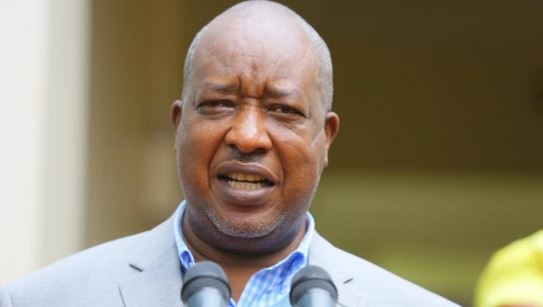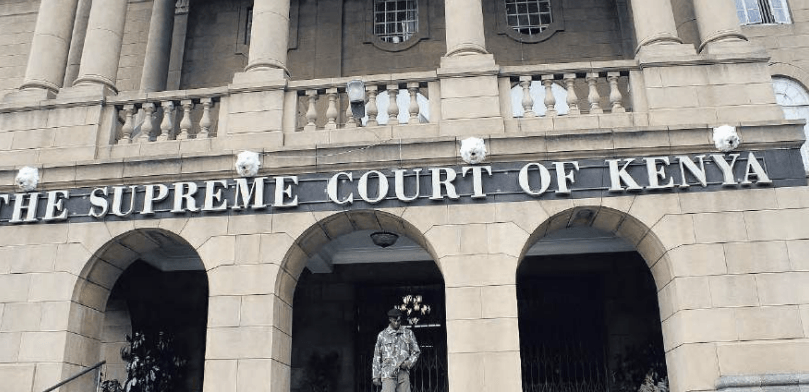
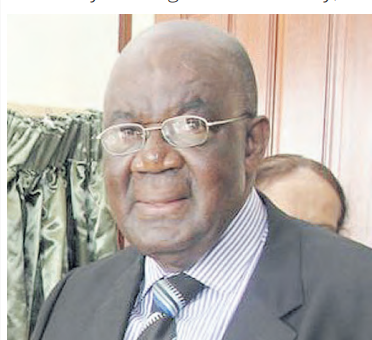
Judges and magistrates sacked after
the 2003 radical surgery of the Judiciary were mob-lynched on hearsay
and rumors, and not given chance to
defend themselves, a judge who sat
in the committee now says.
Retired Court of Appeal judge Onyango Otieno says in his autobiography that the accused judicial officers were not given time to face their accusers and their sacking was based on wild claims from people who were never held to account.
The book is titled From Village to Village: A journey through the corridors of justice. Worse, he writes, the report of the Aaron Ringera-led committee was not meant to be publicised but that it was irregularly leaked to the press without the lot’s blessing.
The ex-judge says though clearly marked as confidential and then Chief Justice Evan Gicheru agreeing to withhold it, the report was irregularly leaked to the media to stain reputation of select judicial officers.
Otieno was a High Court judge at the time of his appointment to the Ringera committee and was elevated to the apex court immediately after the exercise.
From the report, five of nine judges of appeal, 18 of 36 judges of the High Court, and 82 out of 254 magistrates were implicated as corrupt.
Court of Appeal was the apex court at the time. They were then given an ultimatum of two weeks to either resign or be dismissed.
Several resigned or “retired”, while some mounted legal challenges against their dismissals.
Tribunals to hear the cases then began. The ones who sued included then justice Philip Waki who was cleared of any wrongdoing and got his job back in 2004.
Otieno says to date, he still blames then CJ Gicheru for allowing the leakage of the report that soiled reputations and damaged careers of tens of judges and hundreds of magistrates across the country.
He says the committee did two reports, one confidential and the other cleared for public consumption. The one for public use had recommendations on how to improve the Judiciary and what measures need to be invoked.
“The confidential report contained the allegation made against various employees of the Judiciary including magistrates and judges was to be out to the Judicial Service Commission and the chief justice,” the book says.
The allegations in it were to be subjected to further investigations, and the various staff mentioned would be given the full opportunity to defend themselves before any disciplinary action was meted on them, it reads.
“It was obvious that none of them could be punished on the basis of those mere allegations. Indeed, none was to be publicly mentioned in connection with such allegation before further and full investigations.”
But immediately upon handing in the report to Gicheru in September 2003, the report with unsubstantiated allegations made its way to the public.
“Unfortunately, immediately after we presented both the reports, what we saw in the news media were the names of those alleged corrupt persons. This surprised us as it appeared that the contents of the confidential report leaked to the news media. We felt embarrassed.”
“I still blame Chief Justice Evan Gicheru for allowing the confidential report to leak before thorough investigations,” Otieno who retired in 2014 and is now an ACK ordained lay canon, writes.
Besides Ringera and Otieno, the committee had senior resident magistrate Wanjiru Karanja and resident magistrate Margaret Muigai who was the secretary of the sub-committee.
The judge says that the term of reference of the committee required them to receive information from the public and consider the same information within certain limited period.
It did not, however, allow them to receive any defense from those who were adversely mentioned. There was no time for the subcommittee to call up those adversely mentioned to rebut those allegations.
We noted this and we therefore
decided to prepare two reports;
one public and other confidential,
he said.
The lot expected that Gicheru
and the Judicial Service Commission would call all the mentioned
judges and magistrates and present
them with the allegations, allow
them face those who were making
them, and given them time to defend
themselves.






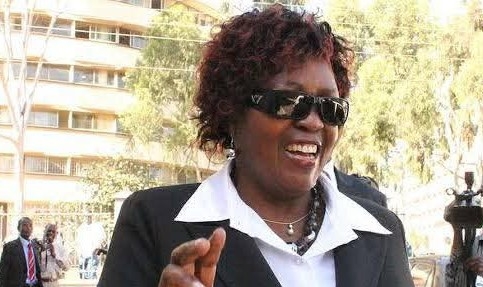


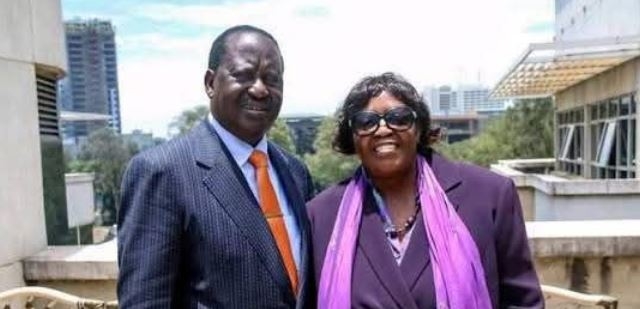
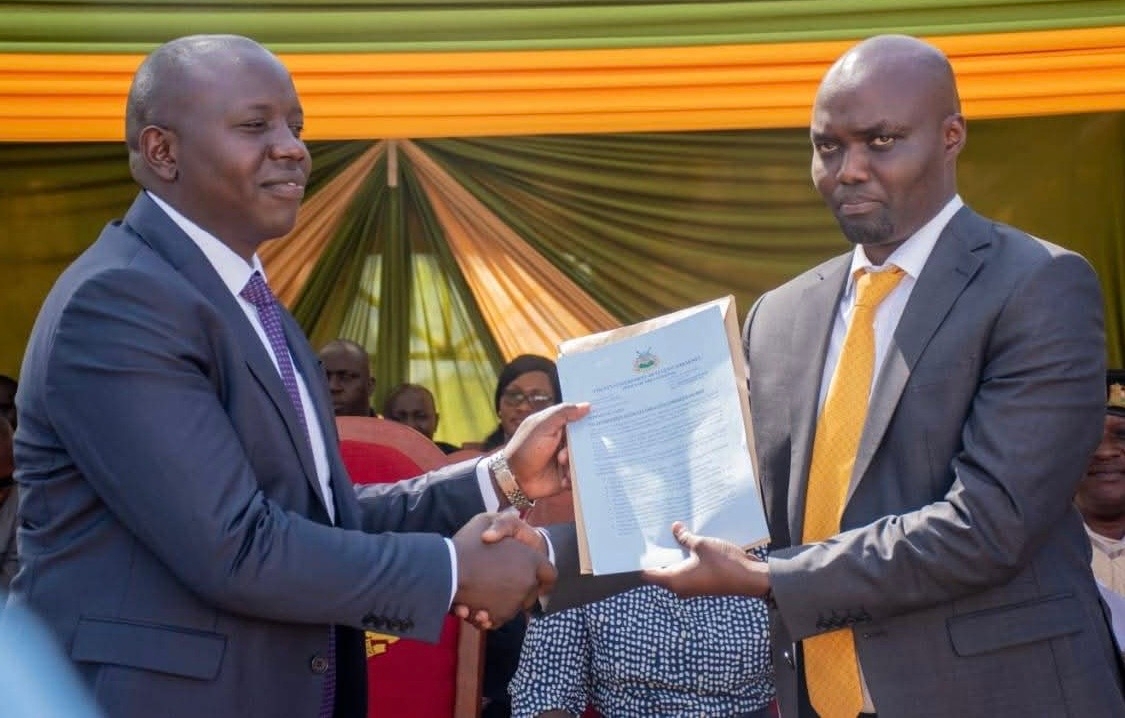


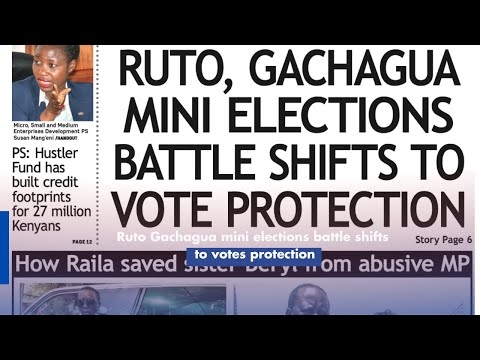

![[PHOTOS] Family, friends receive body of Raila’s sister, Beryl](/_next/image?url=https%3A%2F%2Fcdn.radioafrica.digital%2Fimage%2F2025%2F11%2Fdfe6a9bf-ede1-47a4-bdc0-4f564edb03dd.jpeg&w=3840&q=100)
